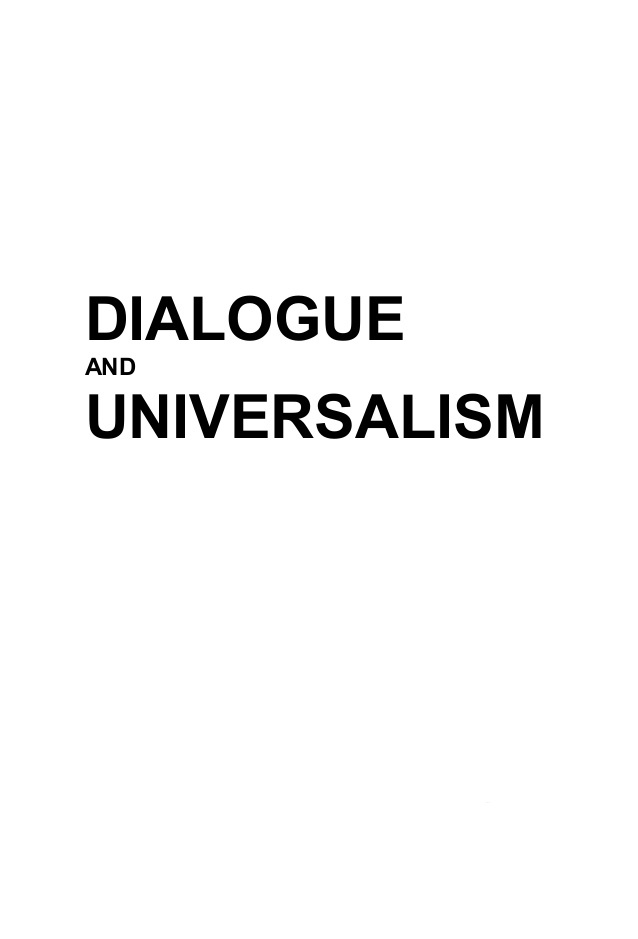INQUIRY INTO THE FORMS OF INTERSUBJECTIVITY IN KANT’S PRACTICAL PHILOSOPHY WITH A VIEW TO THE COSMOPOLITAN IDEAL
INQUIRY INTO THE FORMS OF INTERSUBJECTIVITY IN KANT’S PRACTICAL PHILOSOPHY WITH A VIEW TO THE COSMOPOLITAN IDEAL
Author(s): Nil AvciSubject(s): History of Philosophy, Philosophical Traditions, Special Branches of Philosophy
Published by: Instytut Filozofii i Socjologii Polskiej Akademii Nauk i Fundacja Filozofia na Rzecz Dialogu
Keywords: Immanuel Kant; cosmopolitanism; dignity of humanity; intersubjectivity; league of nations; city of refuge; the kingdom of ends; moral cosmopolitanism
Summary/Abstract: My aim in this paper is to argue that the pursuit of the cosmopolitan ideal grounded on the subject’s absolute power of self-determination, which is inherited from the Enlightenment, is a futile project because this idea of subjectivity in its different forms cannot provide the self-other relation which allows the unconditioned openness to and responsibility for the other in its particular individuality, a necessary condition to origi-nate the universal community of world citizens. With this aim, I will elaborate on three different forms of intersubjectivity in Kant’s practical philosophy which I take to be forming three different models of cosmopolitan community in accordance with the Enlightenment principles: the kingdom of ends, the just society and the league of na-tions.
Journal: Dialogue and Universalism
- Issue Year: 2017
- Issue No: 1
- Page Range: 135-148
- Page Count: 14
- Language: English
- Content File-PDF

